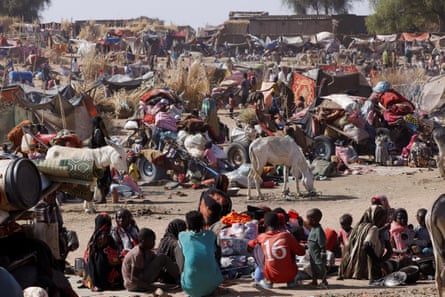Martial Law Declared: Global Implications and Erosion of Human Rights
When martial law is declared, the consequences echo not only within national borders but also reverberate across the globe. Recent developments have brought this reality into sharp focus, highlighting how the imposition of extraordinary measures impacts fundamental rights, democracy, and everyday life. In this article, we explore the far-reaching effects when martial law is declared and how these actions threaten human rights worldwide.

Understanding Martial Law: What Does It Mean?
Martial law refers to the suspension of ordinary law, with military authorities assuming control over government functions. This often occurs during times of crisis, such as war or civil unrest. The declaration allows governments to bypass standard legal protections, restricting civil liberties, limiting movement, and silencing dissent. These emergency powers are intended to restore order, but history shows they can also serve as a cover for abuse, repression, and erosion of the rule of law.
Martial Law Declared: Recent Examples and Global Fallout
According to Amnesty International, the use of authoritarian tactics—similar to those seen when martial law is declared—have led to widespread suppression of dissent, attacks on free speech, and threats to marginalized communities. In the first 100 days of President Trump’s administration, reports highlighted a disturbing escalation of state-driven repression in the United States. Amnesty documented:
- Mass deportations and family separations
- Crackdowns on student and peaceful protestors
- Erosion of independent judiciaries and checks and balances
- Attacks on journalists and attempts to undermine media freedom
These acts mirror those seen in countries where martial law has been declared, with devastating consequences for civil society and democratic norms. The cumulative impact can create a climate of fear, uncertainty, and lasting instability.
The Worldwide Shift: A 'Freefall' in Human Rights
The effects of martial law extend far beyond national borders. As highlighted in The Guardian, the global community has entered an era marked by authoritarian regimes, unchecked corporate power, and a startling rollback of protections for vulnerable groups. Amnesty’s report warns of a “freefall” in human rights standards, accelerated by government actions reminiscent of situations where martial law is declared:
- Violent crackdowns and arbitrary arrests
- Inaction during humanitarian crises and conflicts
- Backlash against women’s and LGBTQ+ rights
- Weakening of international institutions meant to hold abusers accountable
These trends threaten not just individual freedoms but also the foundations of international law and cooperation.
The Role of Civil Society and International Pressure
When martial law is declared, the importance of resilient civil society organizations and informed citizen action becomes more crucial than ever. Groups like Amnesty International continue to document and resist abuses, providing vital information and mobilizing public support. As Erika Guevara-Rosas of Amnesty notes, persistent advocacy is needed to push back against the abandonment of the rule of law and defend fundamental rights for all.
For a deeper analysis of how these developments are shaping world affairs, consider reviewing Nikkei Asia’s coverage, which explores how new policies and attitudes are accelerating the worldwide decline in human rights.
Conclusion: The Lessons of Martial Law Declared Situations
The declaration of martial law is more than a domestic issue; it is a warning signal for the entire international community. Erosion of rights in one country can set global precedents for suppression and injustice. Staying informed, supporting independent organizations, and holding leaders accountable are essential steps for protecting freedom and democracy everywhere. The world must remain vigilant to ensure that when martial law is declared, it does not become the norm, but rather a call to safeguard our shared human rights.